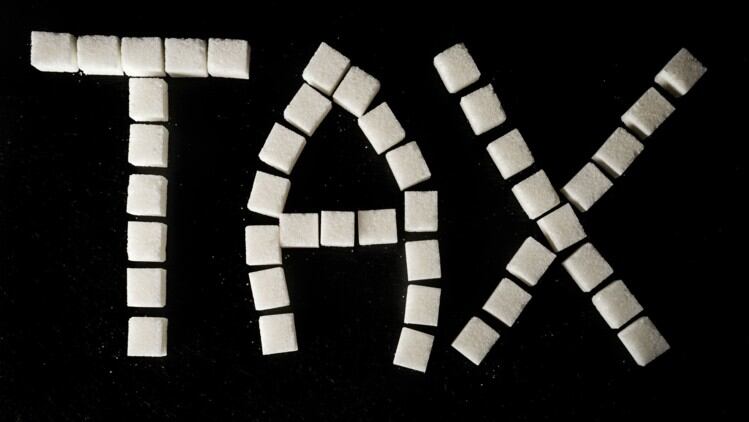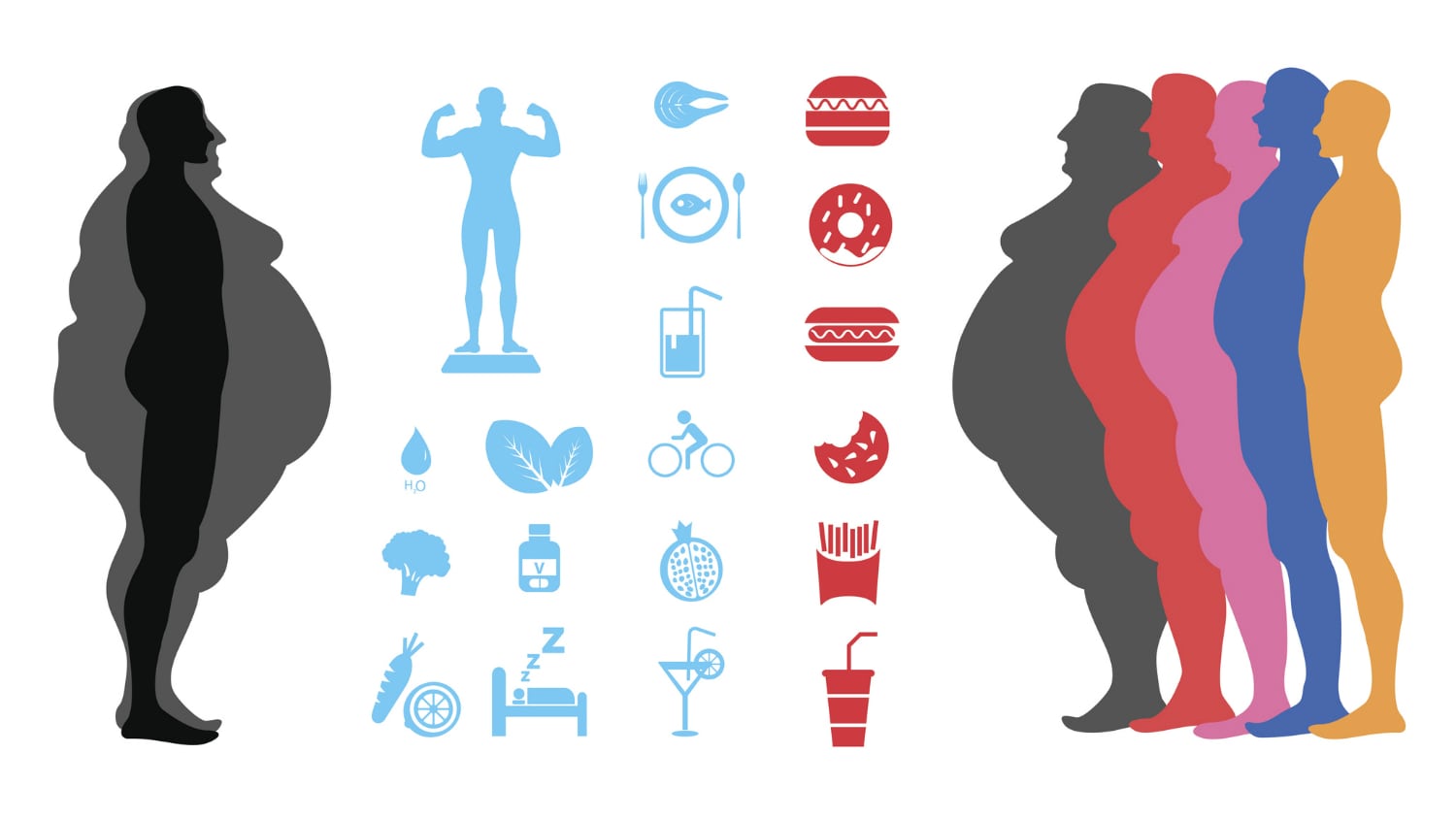“The diabetes rate in Malaysia is very high because we take too much sugar,” said Mahathir.
“We find people drinking these bottled drinks, one every day, six or seven [a week]. It’s not necessary. These bottled drinks have a lot of sugar,” he added.
To tax or not to tax
Universiti Putra Malaysia Putra Business School senior lecturer Dr Ahmed Razman Abdul Latiff has suggested that a tax be levied on sugar, and not merely soda.
He has also advised that a study be conducted to determine the real cause behind diabetes rates in Malaysia.
“[Are sodas really] the main contributor towards diabetes in Malaysia, or is it sugar? Teh tarik, for example, also uses a lot of sugar,” he said.
“If yes, then this is a smart way by implementing tax. I am confident that a soda tax can help increase revenue for the government. However, if the people do not change their lifestyle, then medical costs will also increase and add to the burden,” added Dr Ahmed.
The possibility of a sugar tax was met with enthusiasm by the Malaysian Dental Association (MDA), declaring that it would save ‘millions of teeth’.
“A tax on sugar will serve to highlight the severe health problems that the nation is suffering as a result of cheap and abundant added sugar,” wrote the MDA President and Council in an open letter.
“[This] will save millions of teeth, lower the incidence of obesity and diabetes and improve our financial health by reducing the cost of healthcare besides adding to the treasury’s coffers,” they added.
Galen Centre for Health and Social Policy CEO Azrul Mohd Khalib advised the government to reconsider the price drop, commenting that reducing sugar price but introducing a soda tax could send a conflicting message to the people.
Meanwhile, trade body Food Industry Asia (FIA) supports the view that chronic diseases are a multi-factorial issue.
"Policy interventions aimed at influencing the behaviour and habits of the population, should look at positive incentives that encourages product innovation and reformulation rather than disincentives," FIA Policy Director Steven Bartholomeusz told FoodNavigator-Asia.
FIA supports policy interventions that are developed collectively across sectors and are grounded on sound science, where all components of the policy support a clear objective, influencing the health behaviour and habits of a population," he added.
The tax considerations were made public around the time that the government announced that the price of sugar would fall by US$0.024 (RM 0.10) per kilogramme come September 1.
The new ceiling price of coarse granulated sugar will be USD 0.70 (RM2.85) per kilogramme, whereas fine granulated sugar will be USD 0.72 (RM 2.95) per kilogramme.
Malaysia Domestic Trade and Consumer Affairs Minister Datuk Saifuddin Nasution Ismail attributed the price reduction to the worldwide price reduction of raw sugar, local sugar prices in neighbouring countries, as well government concerns over the rise of living costs in Malaysia.
“Hopefully, this reduction will spark a multiplying effect that will reduce the price of food and drinks in the market,” he added.
However, the minister also emphasised that this reduction is not a form of encouragement for the public to increase sugar consumption.
“Excessive sugar consumption will increase health risks such as diabetes, obesity and heart problems. […] In 2016, over 3.6 million Malaysians aged 18 and above were diabetic. This number will continue to increase if we do not take any measures to control sugar consumption,” said Saifuddin.
The sugar story around Asia Pacific and the Gulf
The price drop comes after calls from local consumer groups for a price hike instead, in an effort to reduce sugar consumption whilst only minimally affecting manufacturers. However, the Malaysian government had said in May that this would not be taking place.
Indonesia is also debating the implementation of a tax on sugar-sweetened beverages (SSBs), a category which soda falls square into. Philippines and India already have SSB taxes in place, and are considering an increase of this levy by degrees.
Hong Kong has elected not to employ a sugar tax, but a new food and beverage labelling system instead. That said, the tax would be an option authorities will employ “if all else fails”.
Saudi Arabia became the first Gulf country to implement a ‘sin tax’ back in March. This covers 100% taxation for energy drinks and cigarettes, as well as a 50% levy on carbonated drinks.



